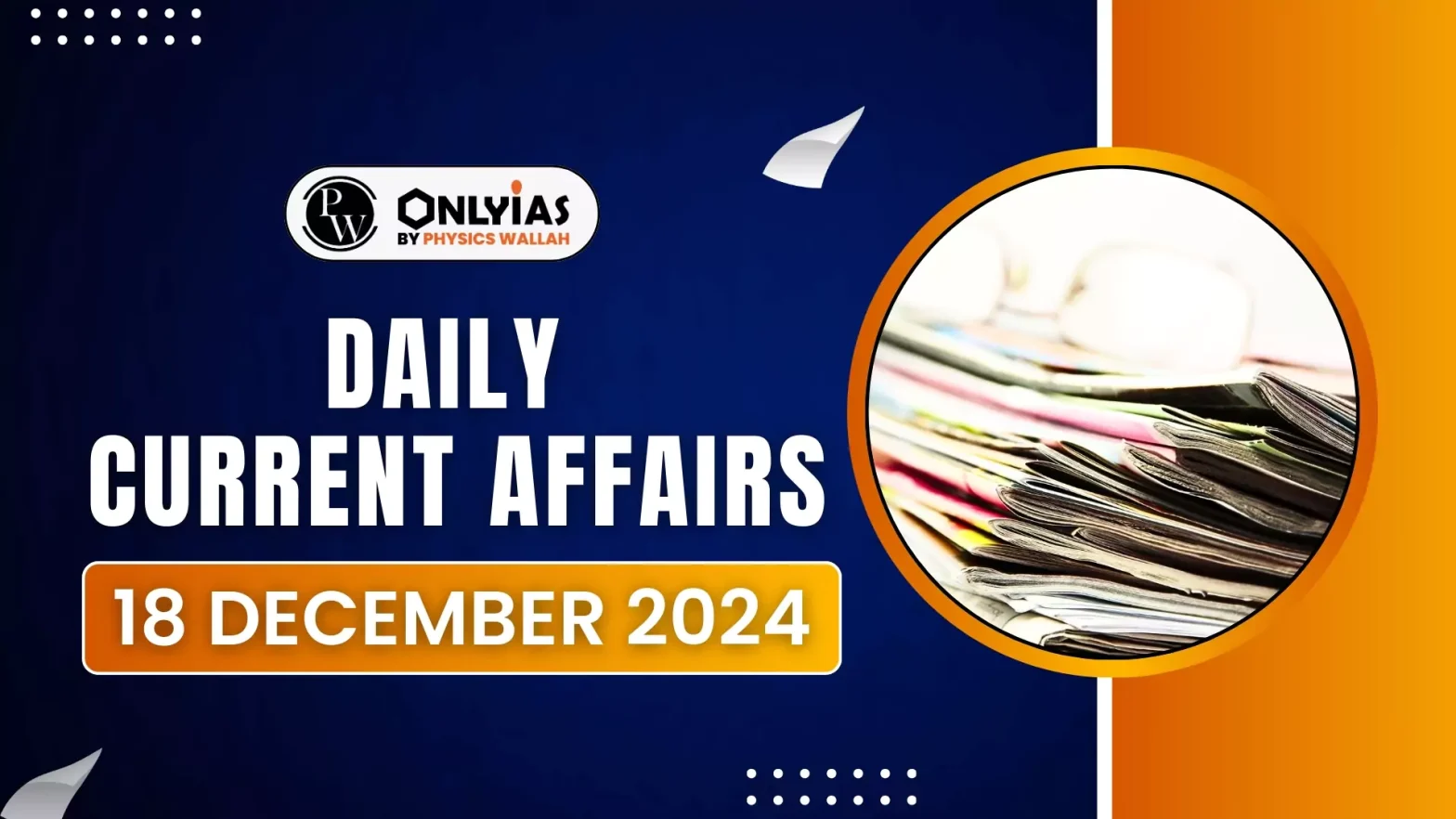India has established its first diabetes-specific biobank in Chennai, a collaboration between the Indian Council of Medical Research (ICMR) and the Madras Diabetes Research Foundation (MDRF).
About Biobank
- A biobank is a facility that stores biological samples ( blood, urine, tissue, and saliva) usually from humans, for use in medical research.
- It plays a significant role in advancing research in fields like genomics and personalized medicine.
- Biobanks in India
- There are 19 registered biobanks.
- It hosts too many biological specimens, including cancer cell lines and tissues.
- Key Initiatives
- Genome India Programme: it aims to identify treatments for rare genetic diseases
- Phenome India Project: Focused on creating better prediction models for cardio-metabolic diseases.
- Paediatric Rare Genetic Disorders (PRaGeD) Mission: This mission works towards identifying new genes or genetic variants to develop targeted therapies for rare genetic diseases affecting children.
Enroll now for UPSC Online Classes
Key Features of Biobanks
- Help identify disease biomarkers, such as single-nucleotide polymorphisms linked to specific diseases.
- Provide critical resources for developing personalized treatments and understanding disease mechanisms.
- Promote collaborative research by enabling data-sharing across multiple studies.
Why Is the Biobank Important?
- Addressing a Growing Health Concern:
- India has over 10 crore diabetes cases and 13.6 crore prediabetes cases, among the highest globally.
- Enabling Better Understanding:
- The biobank stores biological samples from across India, helping scientists study the genetic, lifestyle, and environmental factors contributing to diabetes.
- Findings can lead to improved treatments, preventive measures, and targeted therapies.
- Large Collection of Samples:
- Houses over 1.5 lakh biological samples collected from diverse regions and communities across India.
- Based on Comprehensive Studies:
- ICMR-INDIAB Study: The largest study on diabetes in India, covering urban and rural populations.
- ICMR-YDR Study: A national registry focused on young-onset diabetes.
What can India Learn from other Biobanks?
- Biobanks have significantly contributed to medical research worldwide.
- Example: The UK Biobank, with data from 5 lakh participants, has led to thousands of scientific discoveries.
- Similar initiatives in the US, China, and Europe focus on key areas like cancer, genetics, and rare diseases.
- India’s first diabetes biobank will serve as a central hub for biological samples to support diabetes research but it should take various measures such as
- Ensuring extensive infrastructure and stringent quality control: To ensure the reliability and sustainability of its biobanks.
- Public Engagement and Trust: India should involve its diverse population in biobanking efforts through community meetings, focus group discussions, and citizen-expert panels.
- Integration with Healthcare Systems: To facilitate better data collection and research, India should work with electronic health records.
Challenges in Maintaining Biobanks
- High Costs and Logistics: Maintaining samples requires significant funding, advanced infrastructure, and skilled personnel.
- Ethical Concerns: Issues like informed consent and privacy must be addressed carefully.
- Skilled Personnel: Needs trained professionals for handling and maintaining samples.
Check Out UPSC NCERT Textbooks From PW Store
India’s biobanking regulations
- Legal Framework Governing Biobanks in India
- Lack of Comprehensive Legislation
- India does not have specific laws for biobanks.
- Existing guidelines are not enforceable, leading to regulatory gaps.
- National Ethical Guidelines by ICMR
- The Indian Council for Medical Research (ICMR) has issued ethical guidelines for biomedical research involving humans.
- These guidelines are not legally binding and do not fully address long-term storage or data sharing for biobanks.
- Department of Biotechnology (DBT) Standards
- The DBT has set practices for data storage and analysis.
- However, these are not enforceable and do not adequately cover issues like informed consent and privacy.
- Absence of a Single Regulatory Authority
- India lacks a dedicated regulatory authority for biobanks.
- This results in inconsistencies and limited oversight in biobanking activities.
What is Diabetes?
- It occurs when the pancreas cannot produce insulin or the body cannot use insulin effectively.
- Insulin Role: Helps regulate blood glucose levels.
- Long-Term Effects: Can cause damage to organs and tissues, leading to blindness, kidney failure, heart attacks, stroke, and limb amputations.
Types of Diabetes
- Type 1 Diabetes
- Autoimmune Condition: The immune system destroys insulin-producing beta cells in the pancreas.
- Type 2 Diabetes
- Insulin Ineffectiveness: The body cannot use insulin properly, though it may produce it.
- Prevalence: Accounts for over 95% of global diabetes cases.
|
![]() 18 Dec 2024
18 Dec 2024

